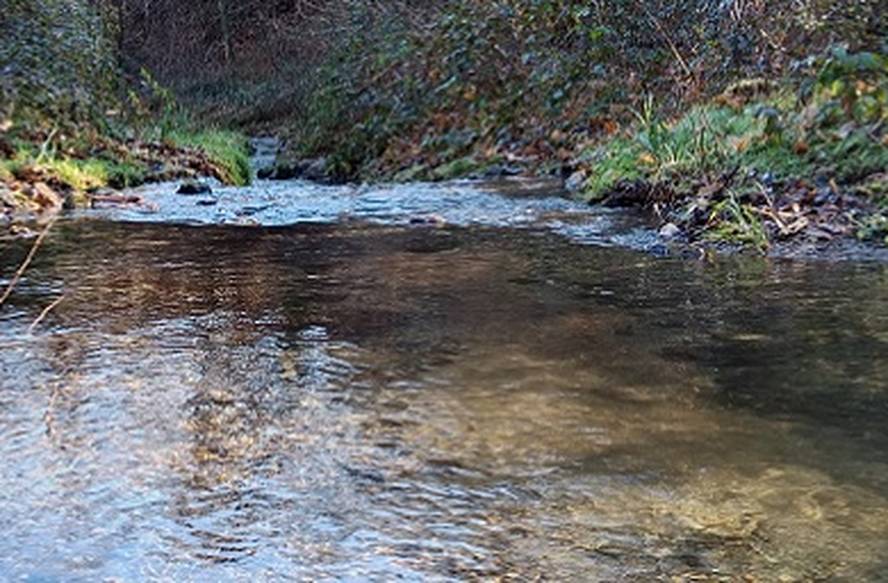A missed opportunity for ecofeminist water transition

Aholkularia eta ikertzailea trantsizio hidrikoan eta ura eta saneamendua eskura izateko giza eskubidean
Water is a basic and fundamental resource for ensuring life, according to the Water Cycle Digitalization OPE. However, ESOPE has built a restrictive narrative, focused on the impacts of climate change. Consequently, the dimensions of this common good are reduced to the economy, ignoring the physical limits of the planet and without questioning the energy, agricultural models or the consequences of privatization processes.
The objective of ESOPE is to transform and modernize water management systems, both in urban cycles and in irrigation and industrial cycles. Its specific objectives are: 1) improving knowledge of water use; 2) increasing governance and transparency in water management; 3) making progress in meeting the objectives set by national and international legislation; and 4) creating high-skill jobs. Digitisation, innovation and training are the main tools for this.
The OPE for water will mobilise EUR 3,060 million: 1.940 million through public investment and 1.120 million through public-private partnerships. This major investment could establish the human right to water and sanitation as a roadmap to the feminist water transition, but this category adopted by the United Nations in 2010 is never cited in the OPE report. Privatisation under public-private models carries significant risks for the exercise of these rights, as we have seen in the Spanish State and in the Basque Country. The combination of maximising profits in water services, natural monopoly and power imbalances makes privatisation of the sector particularly dangerous.
One of the most important issues of ESOPE is that it abandons the approach that understands water as an eco-social asset, an approach that recognizes functions related to biodiversity, ecology, emotions and identity. It seems to recover supposedly overtaken discourses, always with supply-based strategies, but with a clear difference. In the past we were talking about major hydraulic works, and on this occasion digitalisation is considered the only way to solve the complex set of problems of sustainable water management. Demand management based on savings and efficiency is not given adequate importance.
Unfortunately, ESOPE is a missed opportunity. On the one hand, it could serve to investigate new models of public-public or public-community cooperation. On the other hand, it does not offer strategies to achieve real public participation and the construction of collective knowledge, nor does it propose mechanisms to favor job creation and the reduction of the gender gap for people in vulnerable situations. At the same time, it does not propose territorial cohesion strategies, but rather increases the distance between urban and rural areas in water management.






